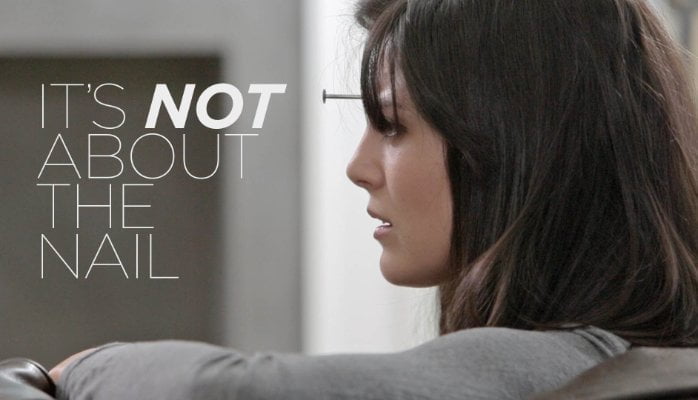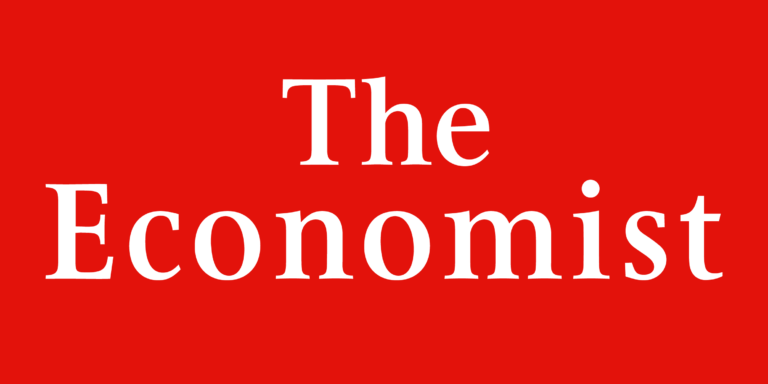There is a Nail in Your Forehead…but I am good with that if you are.
My father, who was a manager at International Business Machines (IBM), once told me; “If it were not for the ‘people problems’, management would be easy.” In the world of management, and management consulting, truer words were never spoken. And so is the challenge with most consulting engagements, especially when the words “transformational change” are uttered.
My experience is that the root causes of such challenges and conflicts are a couple-fold – namely “empathy” and “cultural differences”;
Empathy
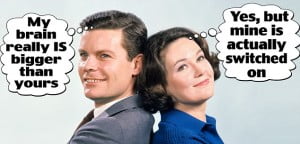
Probably the easiest illustration of this conflict of perspective – and by “easy”, I mean that which almost all people can universally relate – is the gap in empathy between men and women.
For those who might be unaware (read, “men”) or interested (read,”women”), “empathy” is defined by Merriam-Webster as: the action of understanding, being aware of, being sensitive to, and vicariously experiencing the feelings, thoughts, and experience of another of either the past or present without having the feelings, thoughts, and experience fully communicated in an objectively explicit manner; also : the capacity for this.
Whether you are the man or the woman, each naturally tries to figure out what makes the other “tick”, but almost always approach the situation from the respective perspectives induced by gender.
As a general rule; men most often want to fix problems, while women are more likely to just want to express their thoughts and feelings without the need to have it fixed (see video clip above).
Men tend to live in a “black and white” world and are most likely to think linearly and simply – whereas women tend to think in a more nuanced fashion with many shades of gray (even in color). Women “shop” while men “buy”.
Deborah Tannen, an American academic and professor of linguistics at Georgetown University in Washington, D.C and author of “You Just Don’t Understand”, believes that men and women differ in the focus, or driving force, behind their communication. According to Tannen, men communicate seeking to achieve social status and to avoid failure – while women communicate seeking to achieve a personal connection and to avoid being socially isolated. She writes, “Men want to report while women want rapport”.
Vive la différence …
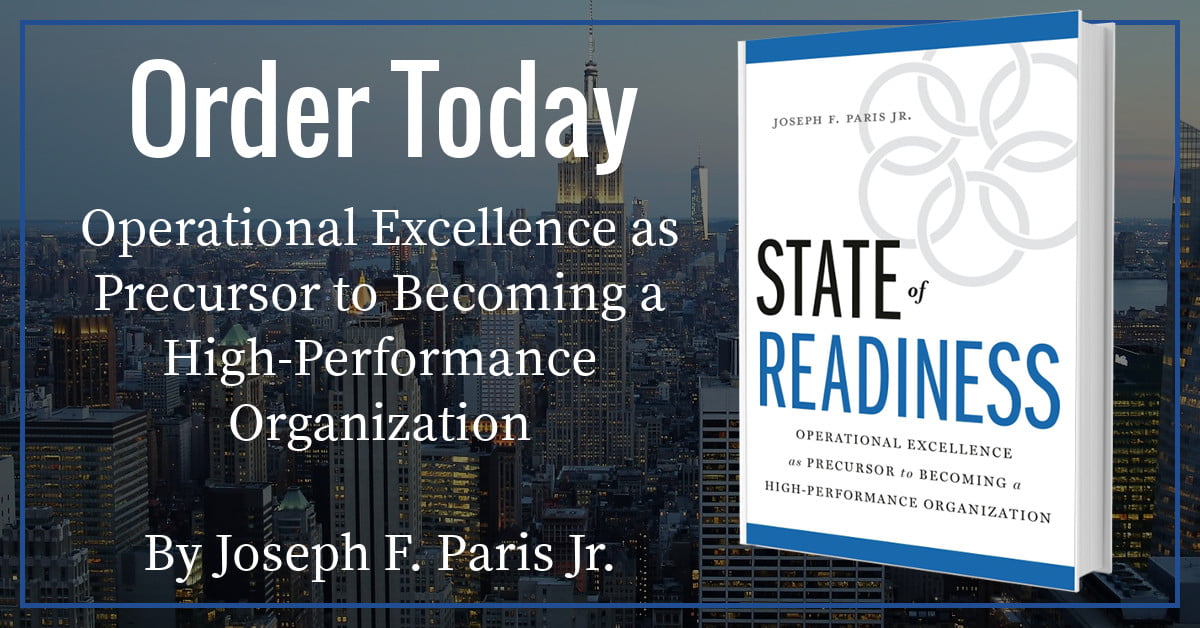
Supporting Articles:
- http://www.dailymail.co.uk/health/article-2313138/Ever-think-halfs-brain-wired-differently-New-research-reveals-youre-right.html
- https://www.achievesolutions.net/achievesolutions/en/Content.do?contentId=10241
- http://www.healthguidance.org/entry/13967/1/Problem-Solving–Differences-Between-Men-and-Women.html
Cultural Differences
People are different the world over – and why not. They come from different backgrounds and circumstances, have had different life experiences, have different lifestyles, and what is important to each individual can vary considerably. Even within countries, there can be enormous differences which can stand between cooperation and progress versus maintaining the status quo. The challenge is to set a course that works within their culture and mental framework – but towards the end-state that is sought.
I know generalizations and stereotypes can be dangerous, but there is a reason they exist – because they have a basis in fact. And most of the time the only difference between laughing (at least smiling in an understanding way) and insult is having a sense of humor.

And so I bravely go; comparing and contrasting the culture of business in the United States versus business in Europe.
In a nutshell, American businesses are an impetuous lot – not spending nearly as much time as their European counterparts when it comes to making a decision and taking action. The process usually makes “post-decision” activities very lively and exciting.
And European businesses are ultra-conservative – spending an inordinate amount of time studying and analyzing virtually everything – from every angle – until forward progress seems to move at a glacial pace. When a decision is made, it’s almost anti-climactic.
“The business of America is Business”
Calvin Coolidge
I have formed a few companies over the last couple of years. I formed three in the United States (Wyoming “Limited Liability Companies” or “LLC’s” for short) and three in the European Union (EU); one in United Kingdom (a “Limited Company”), one in Germany (a “Gesellschaft mit beschränkter Haftung” or “GmbH” for short), and one in Poland (a “Spółka z ograniczoną odpowiedzialnością” or “Sp z o.o” for short).
Each type of company, regardless of country or how it’s called; achieve the same end – the creation of a legal entity that is allowed to conduct business and where the limit of the owner’s liability is the amount invested in the entity (effectively shielding the owner’s personal assets which are outside the business).
… But in reality, there are a great many “loopholes” that exist for the EU companies where this supposed firewall can be breached – placing the owner’s assets at risk (more on this later).
Besides the differences in ownership risk, the Wyoming LLC’s each took less than one (1) day to create, including the obtaining of all required Federal (Country) and State tax numbers. And the UK Limited Company took almost a week to create (not bad, but not great).
However, each of the German and Polish Companies took nearly three months to create – and the Polish Company was a “Shelf Company”, which was intended to speed the process. In addition, the German GmbH requires that e25,000 in equity be deposited in a bank account, almost entirely not to be touched, in case of a liquidation event.
In the EU, the formation of a company is followed by an on-going river of red-tape, forms, regulations, and other formalities – all of which serve to distract a business person from the purpose they created the business in the first place – to do business. But to the EU’s credit, there are slow-moving efforts to reduce the bureaucracy – and to the EU’s benefit, the States have quicker-moving efforts to increase the bureaucracy.
When I mention all of this to the typical German businessman, they insist that; “the German Entity type must be far superior to the American”. Sorry to say, this simply is untrue.
But even more paralyzing and stifling of business decision-making in Europe is the thought of making a mistake, not to mention outright failure. The average European is almost terrified of making a wrong decision.
For instance, I met with an executive responsible for Continuous Improvement at large German multi-national. During this meeting, I talked about the critical need for a “debrief” – a necessary exercise in self and mutual analysis and critique where opportunities for improvement can come to light and where team-confidence is built.
His response was alarming and contraire to his position and purpose of his department – and I will never forget it. He said; “A German in a German company will never admit they made a mistake.”
… Hmmm…
Contrast this with the nearly cavalier approach to business decision-making in the States. Certainly, there is contemplation before a decision is made – but people don’t dwell on the negative possibilities as much as they focus on the positive.
For instance; how many times has Facebook, under Mark Zuckerberg, made a mistake in privacy policy? And almost always his (summarized) response has been; “Oops. I don’t understand the issue, but I hear what you are saying and will take corrective action. My bad.” Afterwards, he moves on and doesn’t give it a second thought.
But there is a reason that this is so, and it is based in cultural and historical differences – as a simple comparison of aerial photographs over Europe versus America clearly demonstrates.
Europeans have a long history of tribalism and the violence that occurred as one tribe fought another over whatever. Because of this, the populous and their inhabitants clustered together to provide a common defense, often within walled cities.

In such communities, the success or failure depended upon each of the inhabitants following strict rules of co-habitation else place their very existence at risk. This nostalgia and resultant individual and societal behavior eventually became an inherent part of the culture.
The romanticized stories are of battles fought, enemies vanquished and heroes emerged. All one has to do to validate this hypothesis to look at the paintings and sculptures, and the countless walled cities that still exist today – not to mention the emotional allegiance and behavior of soccer (futbol) fans.
Those who made the decision to leave Europe, and destined to eventually become Americans, were “defective” to this social order. Having left the security of their European enclaves, they had to practice self-reliance for their very survival. This heightened awareness of personal risk and being without a support network became a core tenant of their new culture.
Without supporting infrastructure and social network, making mistakes and experiencing failure became routine – and how these failings were overcome was a source of romantic story-telling and even pride.

Even the most iconic of American symbols is the “cowboy” all alone, with just his horse, living off the land, relying on his wits. This image plays out today in the form of entrepreneurs (ironically, a word of French origin) and the guy riding his “hog” (Harley Davidson motorcycle) on the open road.
Ultimately, the difference in how failure is perceived between an American and a European manifests itself in the decision to start a business and how that business is run afterwards.
In America, if you own a business that fails, it’s almost considered a rite-of-passage. A person whose business has failed is usually looked upon as being wiser, more mature, and better capable in recognizing risk-factors in the future. This is a driving entrepreneurial force, perhaps even a requisite, in Silicon Valley with its many fast-moving tech start-ups.
And whether you love him or hate him, take Donald Trump, an American business icon, for instance. He and his companies are almost “Serial Bankruptcy Filers”, yet he is almost revered for his business acumen, eternal optimism, and never-say-die attitude. Or consider the case of General Motors, whose entry and exit through the Bankruptcy Courts took just one month (entering into bankruptcy in June of 2009 and emerging in July of 2009) – and then becoming a publicly-traded company within 14-months (see timeline) in August of 2010.
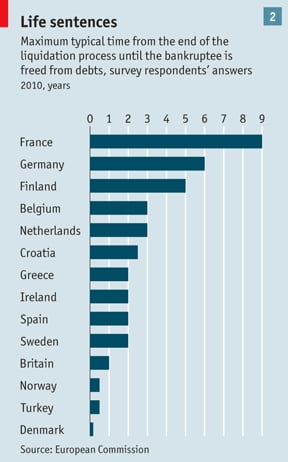
Compare that with what might be expected in Europe.
The Economist did a great article entitled “European entrepreneurs; Les misérables” in June of 2012. In it was detailed the challenges European start-ups have, from initial funding, to labor laws, to second and third-level funding, etc…
But what struck me most was the incredible risk of failure an entrepreneur must accept. This risk goes far beyond capital loss – it goes to an enduring punishment and being considered a failure, unfit morally or intellectually of ever being in a position of responsibility again.
According to the article: “…Many aspiring entrepreneurs simply leave. There are about 50,000 Germans in Silicon Valley, and an estimated 500 start-ups in the San Francisco Bay area with French founders. One of the things they find there is a freedom to fail…”
For instance; In France, if your business fails, it can take up to nine years to start anew. At six years, Germany is not much better. And in every case, a person might even be barred of ever starting a business ever again – for life.
It is a small wonder that entrepreneurs in Europe, whose ambitions are grand, are reluctant and discouraged to start businesses. Or, if they have such ambitions, why many immigrate to the States where the access to capital is easier, the personal risk is so much less, and the rewards can be a magnitude greater.
Supporting Articles:
- http://www.economist.com/node/21559618
- http://www.freeenterprise.com/entrepreneur/failure-without-fear-american-model-and-european-dilemma
- http://www.eupedia.com/europe/cultural_differences_europe_usa.shtml
My family and I moved to Germany from Upstate New York just over three years ago. And although we had been visiting friends and family here for years, and we thought we had it all sorted, we didn’t.
In speaking with a new German acquaintance, I mentioned the difficulties we were experiencing in getting many things done. I made the comment, “I guess we didn’t think things through enough.”
… To which is response was, “Typical American.”
Empathy…. This is why I listed “empathy” first – because it is most important.
Cultural differences can be overcome and progress can be made – provided we all take a moment to try to understand why people do the things they do, what is important to them, what is the history, and what might be the common ground from which to build that new future. We have to understand that the pleasures, and pains, of past generations – and even our own personal past – define who we are.
And sometimes, just sometimes, we would rather live with the nail in our forehead and have you respect its being there – than to have you try to fix it.

Paris is the Founder and Chairman of the XONITEK Group of Companies; an international management consultancy firm specializing in all disciplines related to Operational Excellence, the continuous and deliberate improvement of company performance AND the circumstances of those who work there – to pursue “Operational Excellence by Design” and not by coincidence.
He is also the Founder of the Operational Excellence Society, with hundreds of members and several Chapters located around the world, as well as the Owner of the Operational Excellence Group on Linked-In, with over 25,000 members.
For more information on Paris, please check his Linked-In Profile at: http://de.linkedin.com/in/josephparis

